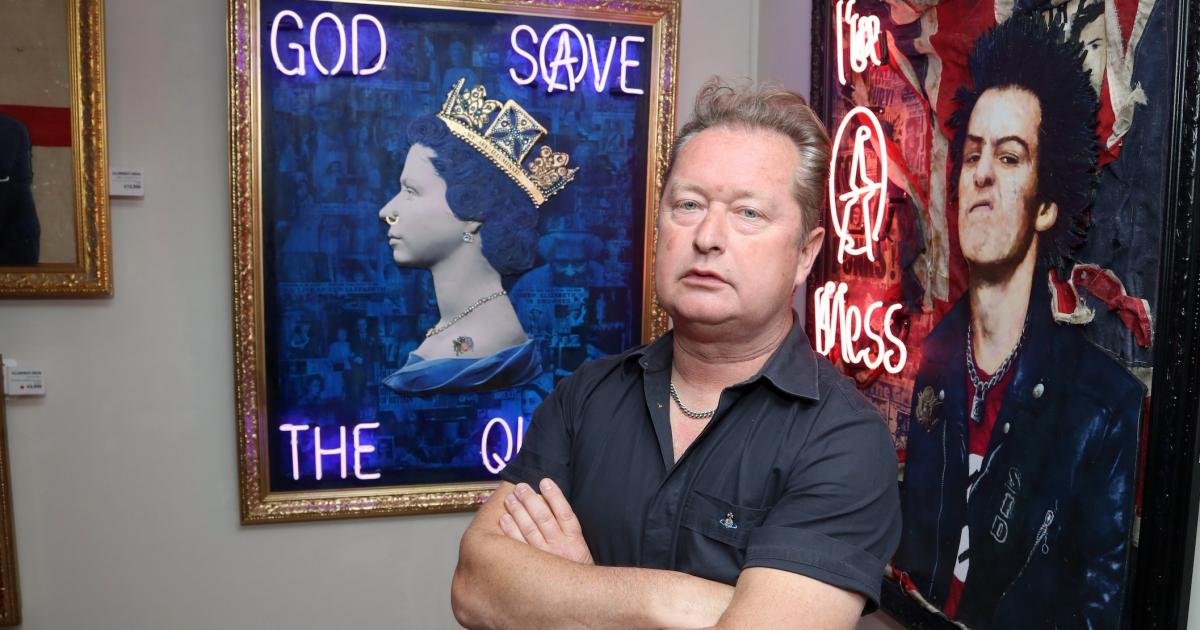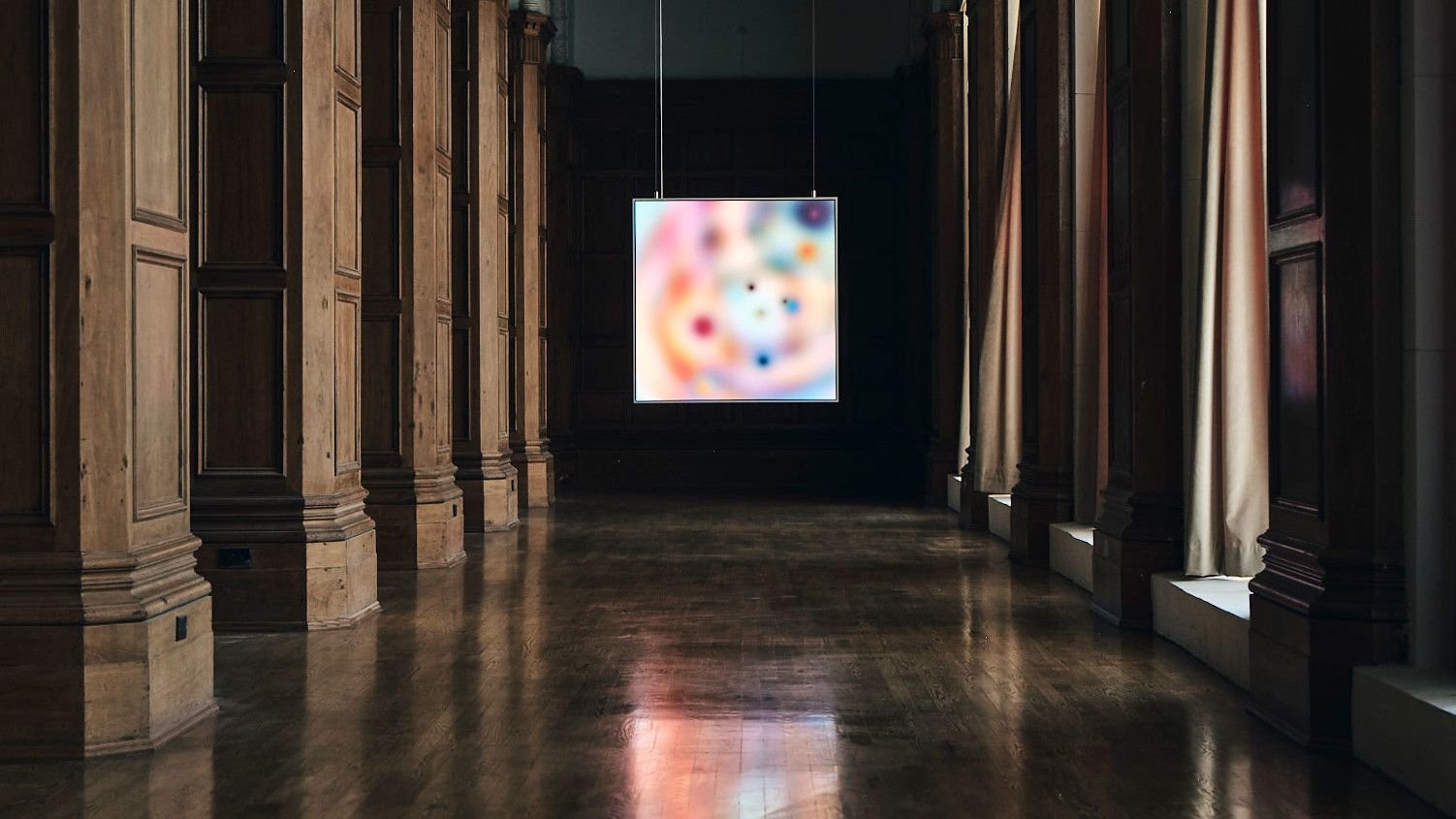If you buy Marantz’s new Horizon or Grand Horizon wireless speakers, they will likely become a topic of conversation in your home before you ever turn them on. Featuring a striking circular shape and a base made of real marble, and three color choices (Midnight Sky, Moon Ray, and Marantz Champagne), the emphasis on design is immediately apparent. They look like sculptures and have prices to match: the smaller Horizon is $3,500, while the aptly named Grand Horizon goes for $5,500. And though they might strike you as the perfect gift for someone who already has everything, you won’t putting them under the tree this year — the speakers won’t be available until January 14, 2025.

At the core of both speakers is the HEOS software that already powers the multiroom audio of many Denon, Marantz, and Onkyo components. The HEOS mobile app lets you control all of your HEOS-compatible products in one interface (if you’ve never used it, it’s very similar to Sonos and Wiim) plus you get in-app access to a variety of streaming music services like Amazon Music, Deezer, Spotify, and Tidal, plus music from your personal collection of digital tracks if they’re stored in a network-accessible location.
Long-time fans of the Marantz brand will note that the Horizon isn’t (as some other publications have suggested) the company’s first wireless speaker. That honor goes to the now-discontinued 2013 MS7000 Marantz Consolette.
The speakers are compatible with hi-res stereo and multichannel up to 7.1 channel, 24-bit/192kHz as well as DSD128 (5.6Mhz). Marantz has included its custom Marantz Mirage DSP for a variety of possible alterations to the sound.

The speakers also support Spotify Connect, Apple AirPlay 2, and Bluetooth. You get physical connections too: each speaker has a stereo RCA input, a digital optical port, an HDMI eARC port, plus a USB-C connector. The radial arrangement of the drivers should produce some interesting spatial audio effects, and if you connect the speakers to a TV via HDMI eARC, they can process Dolby Audio, including Dolby Atmos. Two matching Horizons can be stereo-paired within the HEOS app.
Both models incorporate a central subwoofer (the big disc in the middle), while additional drivers are hidden behind the fabric grille of the outer ring. The differences between the two models emerge when you look at their size, power, and driver configurations.

The Marantz Horizon is about 15 inches in diameter and just over 8 inches in depth. It’s powered by a “Marantz Rise” GaN FET amplifier with 310 watts (745 watts peak) and there are six “Marantz Gravity” drivers in total: two 1-inch tweeters, three 2-inch full-range drivers, and a single 6.5-inch subwoofer.
The bigger Grand Horizon has roughly 20-inch diameter and is 10 inches deep. Its amp produces 370 watts (860 watts peak), with eight drivers: three 1-inch tweeters, four 3-inch full-range drivers, and the single 8-inch subwoofer.

Bolstering the Horizon’s eye-catching looks is a hidden ring of 100 concealed LEDs. These can be used to reflect your chosen volume level, and they respond as you approach the speaker thanks to built-in proximity sensors. You can exert more control over the lights using Marantz AuraControl.
Finally, if need more control over where your Horizon is placed, you can optionally wall-mount it or buy the Marantz Horizon Tripod — a $700 walnut-finished floor stand.







